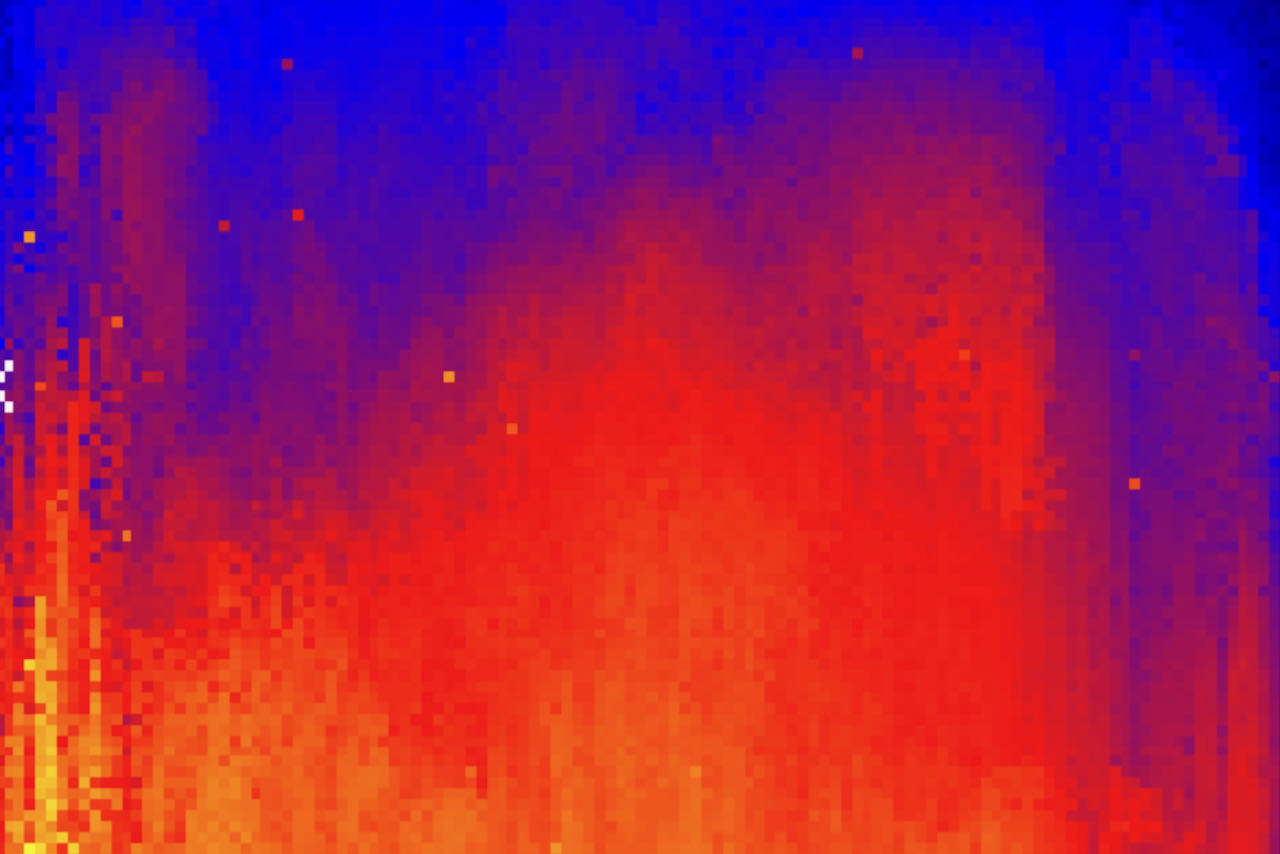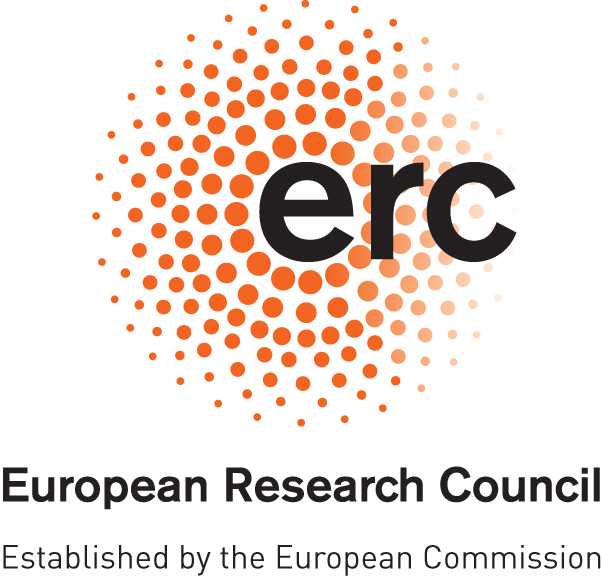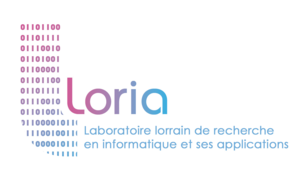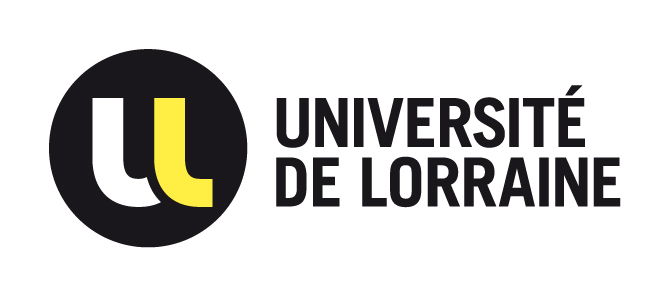>Quality Diversity Algorithms
Quality Diversity Algorithms are a new form of optimization algorithms that search for a diverse set of high-performing solutions to a problem.
Instead of searching for the optimum of the cost function, quality diversity algorithms provide a large set of high-performing solutions (typically a few thousands) that differ according to a few user-defined features of interest. The user can then pick the high-performing solutions that they deem as the most interesting according to their own knowledge, like aesthetics or easiness of manufacturing. They can also use the resulting set to better understand how features of solutions influence performance. For instance, one of the features might have no influence on the cost function, or another one might need to be below a given threshold to attain acceptable performance.
Generating a diversity a solution is also a good preparation for future changes: if a change is needed, a high-performing solution might already exist. See the resilient robots page for some examples.
Our main contribution is the MAP-Elites algorithm (Mouret & Clune, 2015), which gives good results while being straightforward to implement. MAP-Elites can be viewed as a simplified model of behavioral niching: the behavior space is divided in niches ("cells") and only one species can occupy each niche (the elite). New individuals (generated by genetic variation) compete in their niche with the existing elite/niche.
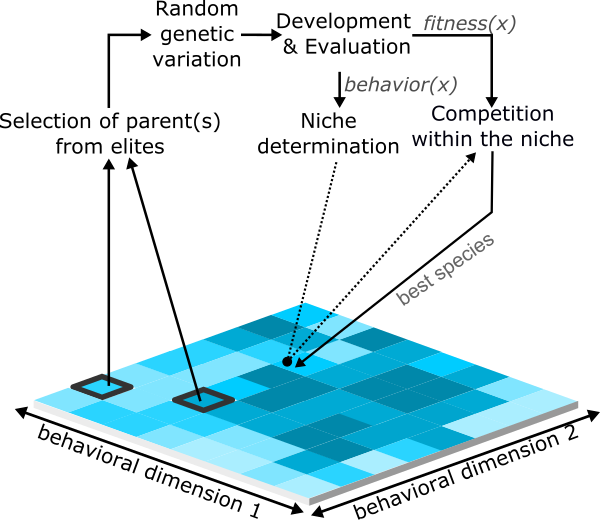
MAP-Elites has been recently used in several high-profile work in AI, in particular:
- In LLama v3 (by Meta), to find adversarial prompt. See [rainbow teaming] [LLama v3]
- In AlphaEvolve (by Google), to discover new mathematical facts. See [Alpha Evolve]
Introductory papers and tutorials
- J.-B Mouret (2020). Evolving the behavior of machines: from micro to macroevolution.
Iscience. 101731. Elsevier.
→ [pdf] - K. Chatzilygeroudis, A. Cully, V. Vassiliades, J.-B Mouret (2021). Quality-Diversity Optimization: a novel branch of stochastic optimization.
Black Box Optimization, Machine Learning, and No-Free Lunch Theorems 109--135. Springer.
→ [ pdf] - The Quality Diversity webpage (list of papers)
- Video tutorials
- Notebook (MAP-Elites)
- Implementations
Main publications
Pre-prints / arxiv
2015
J.-B Mouret, J. Clune (2015). Illuminating search spaces by mapping elites.
arXiv preprint. [url]
Articles in peer-reviewed journals
2024
P. Kent, A. Gaier, J.-B Mouret, J. Branke (2024). Bayesian Optimisation for Quality Diversity Search With Coupled Descriptor Functions.
IEEE Transactions on Evolutionary Computation. 1-1. Institute of Electrical and Electronics Engineers. 10.1109/TEVC.2024.3376733
→ [pdf] [url]
Jacques Zhong and Vincent Weistroffer and Jean-Baptiste
Mouret and Francis Colas and Pauline Maurice (2023). Workstation Suitability Maps: Generating Ergonomic Behaviors on a
Population of Virtual Humans with Multi-task Optimization.
IEEE Robotics and Automation Letters.
→ [pdf] [url] [video]
Lehman, Joel and others (2020). The surprising creativity of digital evolution: A collection of anecdotes from the evolutionary computation and artificial life research communities.
Artificial Life.
→ [pdf] [url]
R. Kaushik, P. Desreumaux, J.-B Mouret (2020). Adaptive Prior Selection for Repertoire-based Online Learning in Robotics.
Frontiers in Robotics and AI.
→ [pdf] [url] [video]
J.-B Mouret (2020). Evolving the behavior of machines: from micro to macroevolution.
iScience. 101731. Elsevier.[url]
D. Howard, A. Eiben, D. Kennedy, J.-B Mouret, P. Valencia, D. Winkler (2019). Evolving embodied intelligence from materials to machines.
Nature Machine Intelligence. 1. (1) 12--19. Nature Publishing Group.
→ [pdf] [url]
A. Gaier, A. Asteroth, J.-B Mouret (2018). Data-Efficient Design Exploration through Surrogate-Assisted Illumination.
Evolutionary Computation. MIT Press. 10.1162/evco_a_00231
→ [pdf] [url]
V. Vassiliades, K. Chatzilygeroudis, J.-B Mouret (2017). Using Centroidal Voronoi Tessellations to Scale Up the Multi-dimensional Archive of Phenotypic Elites Algorithm.
IEEE Transactions on Evolutionary Computation. 10.1109/TEVC.2017.2735550
→ [pdf] [url] [source code]
K. Chatzilygeroudis, V. Vassiliades, J.-B Mouret (2017). Reset-free Trial-and-Error Learning for Robot Damage Recovery.
Robotics and Autonomous Systems. 1-19. Elsevier. 10.1016/j.robot.2017.11.010
→ [pdf] [url] [source code] [video]
A. Cully, J.-B Mouret (2016). Evolving a Behavioral Repertoire for a Walking Robot.
Evolutionary Computation. 24. (1) 59-88. MIT Press. 10.1162/EVCO_a_00143
→ [pdf] [url] [video]
R. Reuillon, C. Schmitt, R. De Aldama, J.-B Mouret (2015). A New Method to Evaluate Simulation Models: The Calibration Profile (CP) Algorithm.
Journal of Artificial Societies and Social Simulation. 18. (1) SimSoc Consortium. 10.18564/jasss.2675[url]
A. Cully, J. Clune, D. Tarapore, J.-B Mouret (2015). Robots that can adapt like animals.
Nature. 521. (7553) 503-507. Nature Publishing Group. 10.1038/nature14422
→ [pdf] [url] [source code] [video] [video]
Articles in peer-reviewed conferences
2024
T. Anne, J.-B Mouret (2024). Parametric-Task MAP-Elites.
Proc. of GECCO ACM. 10.1145/3638529.3653993
→ [pdf] [url]
A. Gaier, A. Asteroth, J.-B Mouret (2020). Discovering Representations for Black-box Optimization.
Proc. of GECCO 103--111. 10.1145/3377930.3390221
→ [pdf] [url]
D. Bossens, J.-B Mouret, D. Tarapore (2020). Learning behaviour-performance maps with meta-evolution.
Proc. of GECCO
→ [pdf] [url]
J.-B Mouret, G. Maguire (2020). Quality Diversity for Multi-task Optimization.
Proc. of GECCO 121--129. 10.1145/3377930.3390203
→ [pdf] [url]
R. Pautrat, K. Chatzilygeroudis, J.-B Mouret (2018). Bayesian Optimization with Automatic Prior Selection for Data-Efficient Direct Policy Search.
IEEE International Conference on Robotics and Automation (ICRA)
→ [pdf] [url] [video]
V. Vassiliades, J.-B Mouret (2018). Discovering the Elite Hypervolume by Leveraging Interspecies Correlation.
Proc. of GECCO 10.1145/3205455.3205602
→ [pdf] [url]
A. Gaier, A. Asteroth, J.-B Mouret (2017). Aerodynamic Design Exploration through Surrogate-Assisted Illumination.
18th AIAA/ISSMO Multidisciplinary Analysis and Optimization Conference (best student paper) 10.2514/6.2017-3330
→ [pdf]
A. Gaier, A. Asteroth, J.-B Mouret (2017). Data-Efficient Exploration, Optimization, and Modeling of Diverse Designs through Surrogate-Assisted Illumination.
Proc. of GECCO 10.1145/3071178.3071282
→ [pdf] [url]
D. Tarapore, J. Clune, A. Cully, J.-B Mouret (2016). How Do Different Encodings Influence the Performance of the MAP-Elites Algorithm?.
Proc. of GECCO ACM. 10.1145/2908812.2908875
→ [pdf] [url] [source code]
Workshops, book chapters, and minimally reviewed conferences
2021
K. Chatzilygeroudis, A. Cully, V. Vassiliades, J.-B Mouret (2021). Quality-Diversity Optimization: a novel branch of stochastic optimization.
Black Box Optimization, Machine Learning, and No-Free Lunch Theorems 109--135. Springer.[url]
